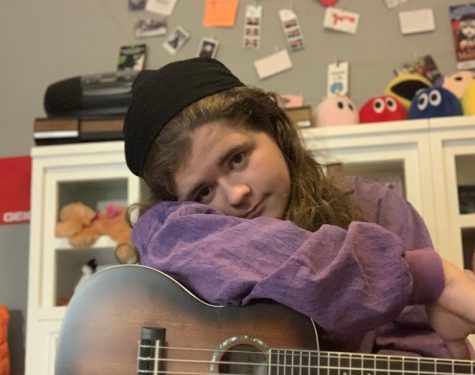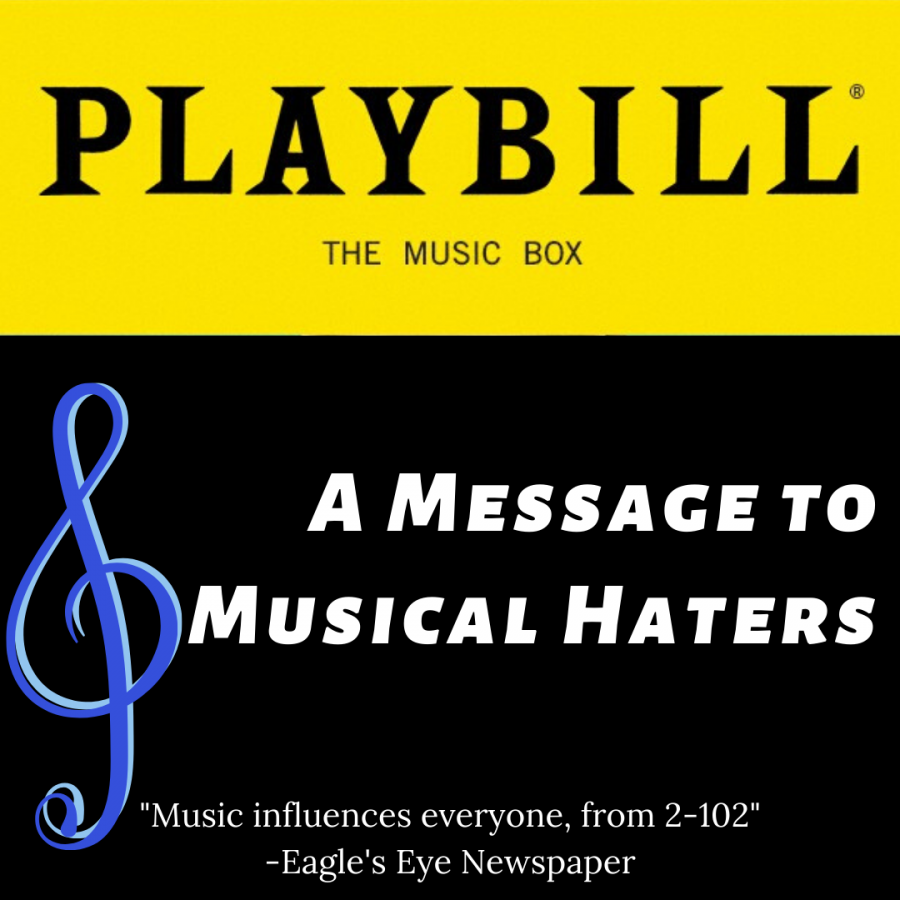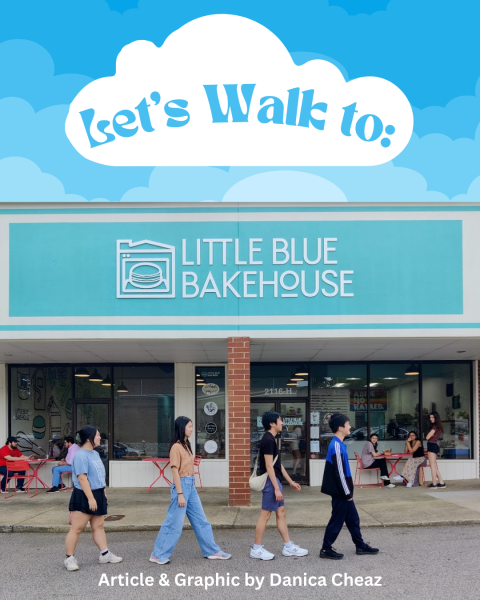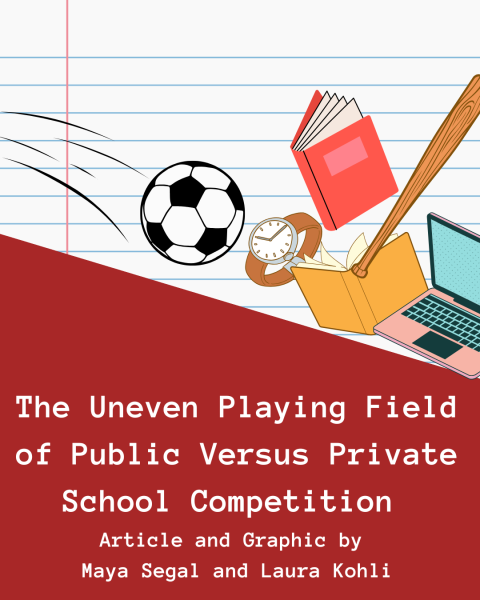A Strongly Worded and Not Completely Biased Message to Musical Haters
In this day and age, the majority of young adults will tell you that hip-hop, rap, and pop are the dominant forces in the music industry. Unfortunately, the overarching genre of musical theatre, or “show tunes”, has developed quite the stigma. This then prevents people from seizing the day and discovering a whole new world of music they’ll enjoy far longer than 525,600 minutes.
A common myth about musicals is that they are all cheesy, flamboyant, and deliriously happy-go-lucky. This simply is not the case. No two shows are exactly the same, similar to how no two artists are the same since they each have their own story to tell. There are some musicals out there that are meant to be comedic and lighthearted, such as The Book of Mormon, Something Rotten!, and Avenue Q, intended to make the audience laugh. Often times, however, musicals will deny this light-hearted stereotype through discussion of more serious and hard-hitting topics such as anxiety (Dear Evan Hansen), homosexuality in religious environments (Bare: A Pop Opera), bipolar disorder (Next to Normal), and AIDS (Rent). Even with the hundreds of thousands of musicals in the world, they each communicate different emotions. These shows bring awareness to controversial topics, through music. Through the stories told and the songs sung, audiences are able to witness both fictional and realistic accounts of these serious topics.
A very clear example of this is the 2017 Tony-Award Winning Best Musical, Dear Evan Hansen. In the show, Evan deals with social anxiety, which is known very early on by the fact that he does not have many friends, or really any at all. He is shown having prescription medication, and goes to a therapist. Throughout the songs, while some are symbolic, such as “Waving Through a Window” in Act 1, his anxiety is not hidden under catchy lyrics or unique beats, since it is one of the main aspects of the show. His character is also shown as having fidgety movements and stuttering his words, something artists can’t portray via just music. Some argue that musicals are unoriginal and contain lyrics far too literal in comparison to modern songs and themes. While some musicals do use repetitive beats, shows such as Les Miserables and Hamilton use background music to influence the story. They use a few of the same beats in reprises, or songs that are repeated, usually containing the same rhythm, with lyrics or other elements of the song are changed to fit the tone and perspective. If you aren’t one who likes original music in musicals, try “Jukebox Musicals.” In these, the characters perform covers of popular songs to fit into their story, usually keeping the same beat and lyrics of the original performer. Two popular examples of this are Mamma Mia (Abba), and American Idiot (Green Day). This way, fans of certains songs or artists can appreciate musicals without disapproving of showtunes.
Musicals such as these contribute to the idea that musicals are for every generation — children, teens, adults, and the elderly, contrary to popular belief. Modern shows such as Finding Neverland, Matilda, Annie, and School of Rock not only include children in their cast, but draw in one of the largest demographics: children and families. Movies that children connect to most as being a major component of their childhood, are musicals, from Snow White to High School Musical. Other musicals, such as Wicked, Kinky Boots, and Newsies teach children the values of friendship, not judging a book by its cover, and hard work and determination through song. This proves that music can influence anyone, from age 2 to 102.
Like many things in life, musicals come with a stigma, and most of the time, those stigmas aren’t true. Musicals tell stories that people can relate to, just like mainstream artists use personal experiences to tell stores people relate to. Musicals relay themes of love, family, and tragedy, like many artists, past and present. And most importantly, musicals discuss questionable topics, which has become the cornerstone for raising social awareness across every generation, and continues to reign true in the digital age. In the end, musicals are a necessary addition to the music community and no matter who you are, you can find one that sings the perfect notes for you.

(She/her)
Gwen is over-the-moon to be back in school for her senior year, and to be Co-Editor in Chief of the Eagle's Eye! Her favorite topics to write...






